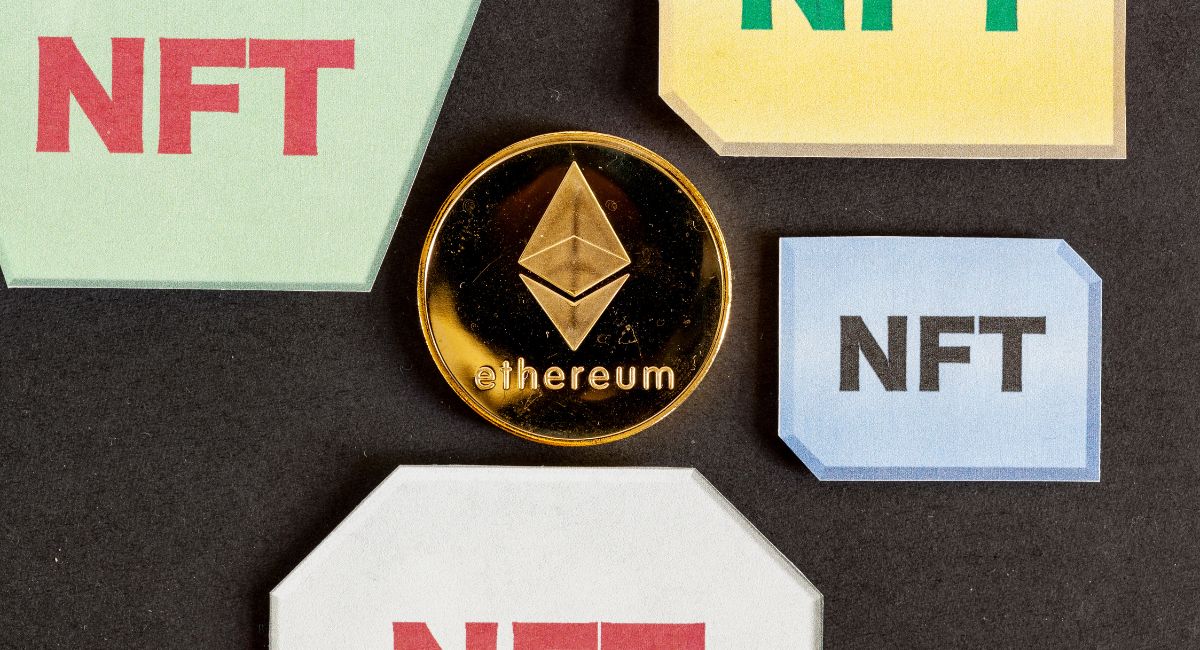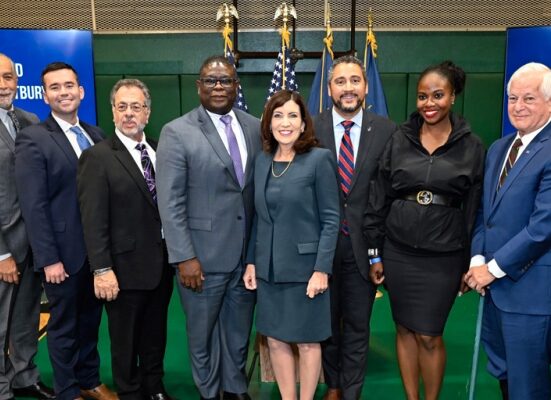Non-fungible tokens (NFTs) burst into the mainstream in 2021, primarily associated with digital art. However, the NFT ecosystem has since evolved, expanding its horizons beyond art into diverse domains like music, gaming, virtual real estate, collectibles, and more. As 2023 ends, the NFT investment landscape has transformed, offering new opportunities and exciting prospects for both
Non-fungible tokens (NFTs) burst into the mainstream in 2021, primarily associated with digital art. However, the NFT ecosystem has since evolved, expanding its horizons beyond art into diverse domains like music, gaming, virtual real estate, collectibles, and more. As 2023 ends, the NFT investment landscape has transformed, offering new opportunities and exciting prospects for both creators and collectors. In this article, we explore the remarkable shift towards NFT investment in music, gaming, and other non-art sectors.
The NFT Evolution
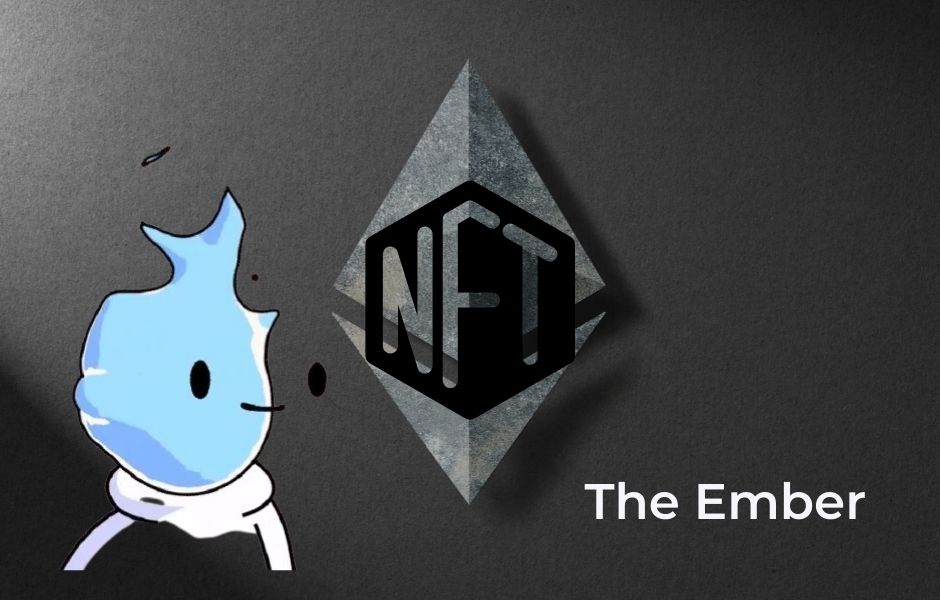
The initial excitement around NFTs largely revolved around digital art, where artists sold their creations as unique tokens on blockchain platforms. But the concept of NFTs, which are indivisible and irreplaceable digital assets, quickly expanded to other domains:
Music
Musicians began to embrace NFTs as a novel way to engage with fans and monetize their work. NFT music drops allow artists to sell exclusive tracks, concert tickets, and unique experiences to their most dedicated followers.
Gaming
NFTs are reshaping the gaming industry by enabling players to own in-game assets, from skins and weapons to virtual real estate. Gamers can buy, sell, and trade these digital items across different games.
Virtual Real Estate
Virtual worlds like Decentraland and The Sandbox allow users to buy and own digital land. The ownership of virtual real estate opens up opportunities for development, commerce, and social interaction within these digital realms.
Collectibles
From trading cards to digital toys, NFTs are creating a vibrant collectibles market. Collectors can own rare digital items that hold value and appeal within their respective communities.
Also, read – Top 10 NFT Success Stories To Boost You For NFT Investment
NFT Investment in Music

The music industry has been significantly impacted by NFTs, with artists and musicians recognizing the potential of this technology. NFTs in music offer the following opportunities:
Exclusive Releases
Musicians can release exclusive tracks or albums as NFTs, allowing fans to own a unique piece of music history. These digital collectibles often come with special perks, such as concert tickets or personal interactions with the artist.
Royalties and Resale
NFTs enable musicians to set up smart contracts that ensure they receive a percentage of each resale. This creates a recurring revenue stream and allows artists to benefit from the increasing value of their music in the secondary market.
Fan Engagement
NFTs enhance fan engagement by offering unique experiences, such as backstage access, virtual meet-and-greets, and personalized content. This strengthens the artist-fan relationship and generates support.
Music Licensing
NFTs can also be used to license music for various purposes, such as video games, advertisements, or film soundtracks. This provides new revenue streams for artists and simplifies licensing processes.
NFT Investment in Gaming
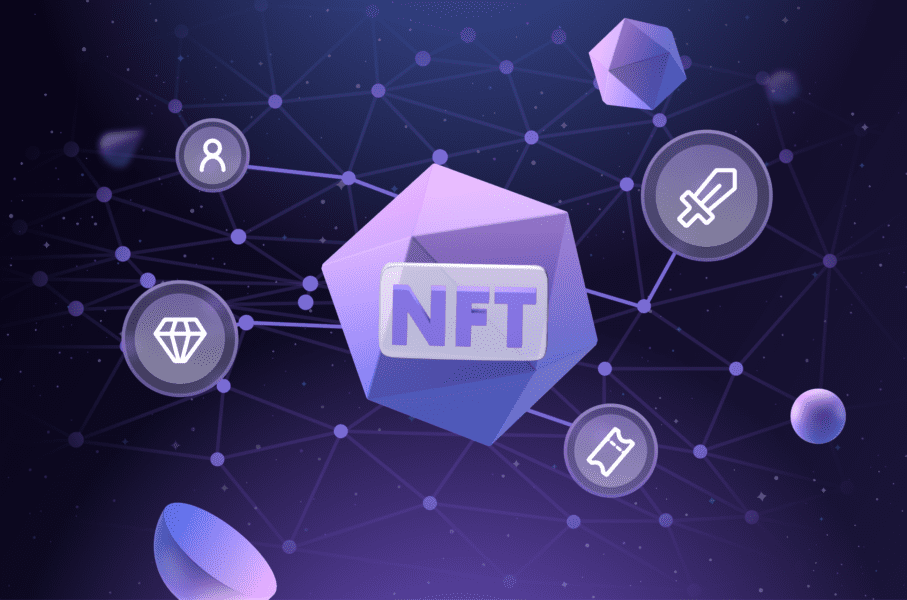
The gaming industry is undergoing a revolution with the integration of NFTs. Gamers are increasingly investing in digital assets, and developers are embracing this new paradigm. Here’s how NFTs are impacting the gaming sector:
Ownership of In-Game Assets
NFTs allow players to truly own in-game assets, like characters, skins, weapons, or virtual real estate. These items can be bought, sold, or traded both within and across different games.
Cross-Platform Assets
Some NFTs are designed to be interoperable, meaning they can be used in multiple games or virtual worlds. Gamers can own assets that hold value and utility in various gaming ecosystems.
Play-to-Earn
The concept of “play-to-earn” is gaining traction, where gamers can earn NFTs by participating in a game. These assets can then be sold or used in other games, essentially turning gaming into a source of income.
In-Game Economies
NFTs have given rise to in-game economies, where the value of digital assets is determined by supply and demand. Gamers invest in rare items that can appreciate in value over time.
NFT Investment in Virtual Real Estate

Virtual real estate in the metaverse has become a hotbed of NFT investment. Users can buy, own, and develop digital land in various virtual worlds, creating new opportunities and interactions:
Digital Land Ownership
NFTs represent ownership of virtual land, allowing users to buy and sell digital properties. Ownership can lead to opportunities for development, commerce, and social activities.
Virtual Events and Entertainment
Owners of virtual real estate can host events, art exhibitions, music festivals, or virtual conferences, attracting attendees and generating income from these experiences.
Virtual Commerce
NFTs enable virtual commerce, where users can create and sell virtual items, clothing, and accessories within their digital properties. This concept mimics real-world commerce and entrepreneurship.
Social Hubs
Virtual real estate also serves as social hubs for communities. Users can gather, interact, and create social spaces, enhancing the sense of belonging and community.
NFT Investment in Collectibles
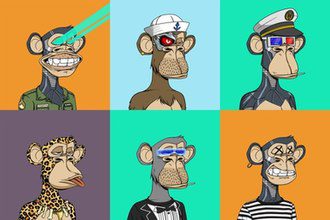
Digital collectibles, also known as “NFT collectibles,” have gained significant popularity. These unique, tradable assets offer a sense of ownership and nostalgia:
#nft are amazing collectibles and many many love collecting, they also very very high high risk investments, I don’t see people acting as if they are VERY high risk and i hope if you trade or invest u understand HOW INSANELY early we are in this space, ala ’95 internet stocks
— Gary Vaynerchuk (@garyvee) January 10, 2022
Rare and Limited Collectibles
NFT collectibles are often released in limited quantities, with some being one-of-a-kind. Collectors value these digital items for their rarity and uniqueness.
Virtual Collections
NFTs make it easy for collectors to build digital collections of their favorite characters, sports memorabilia, trading cards, and more. These collections can be displayed and shared with others.
Gamified Collecting
Some NFT collectibles are associated with games or experiences. Collectors can participate in interactive activities that enhance their engagement with the digital collectibles.
Conclusion
NFT investment has transcended the boundaries of art, extending its reach into music, gaming, virtual real estate, collectibles, and more. In 2023, this evolution of NFTs offers new horizons for creators and collectors alike, creating novel opportunities for monetization, ownership, and engagement.
The NFT ecosystem is continually expanding, and its future is filled with potential. As more industries embrace NFTs, we can expect innovative use cases, further integration into daily life, and exciting possibilities that redefine the way we interact with digital assets. NFTs have moved beyond art, and their journey into uncharted territory promises to be a fascinating one.

